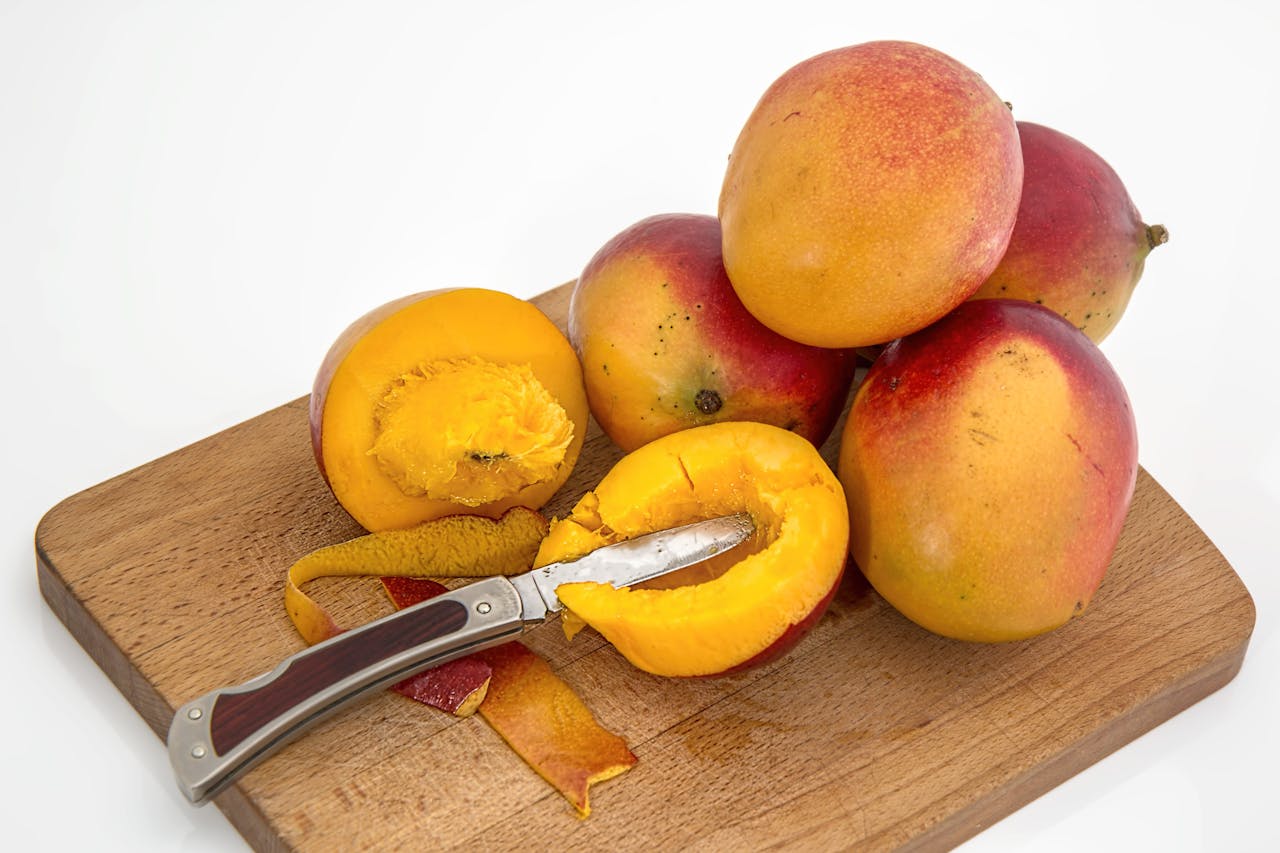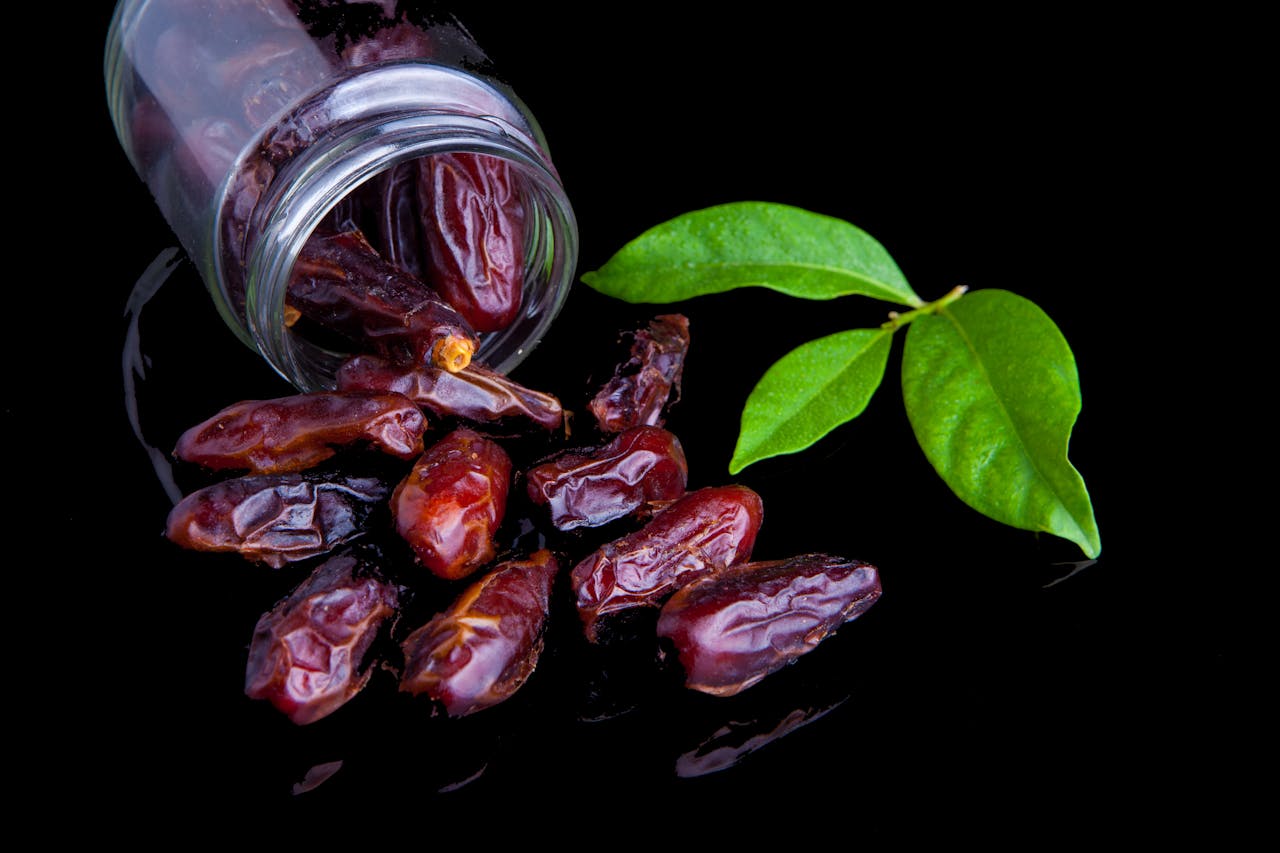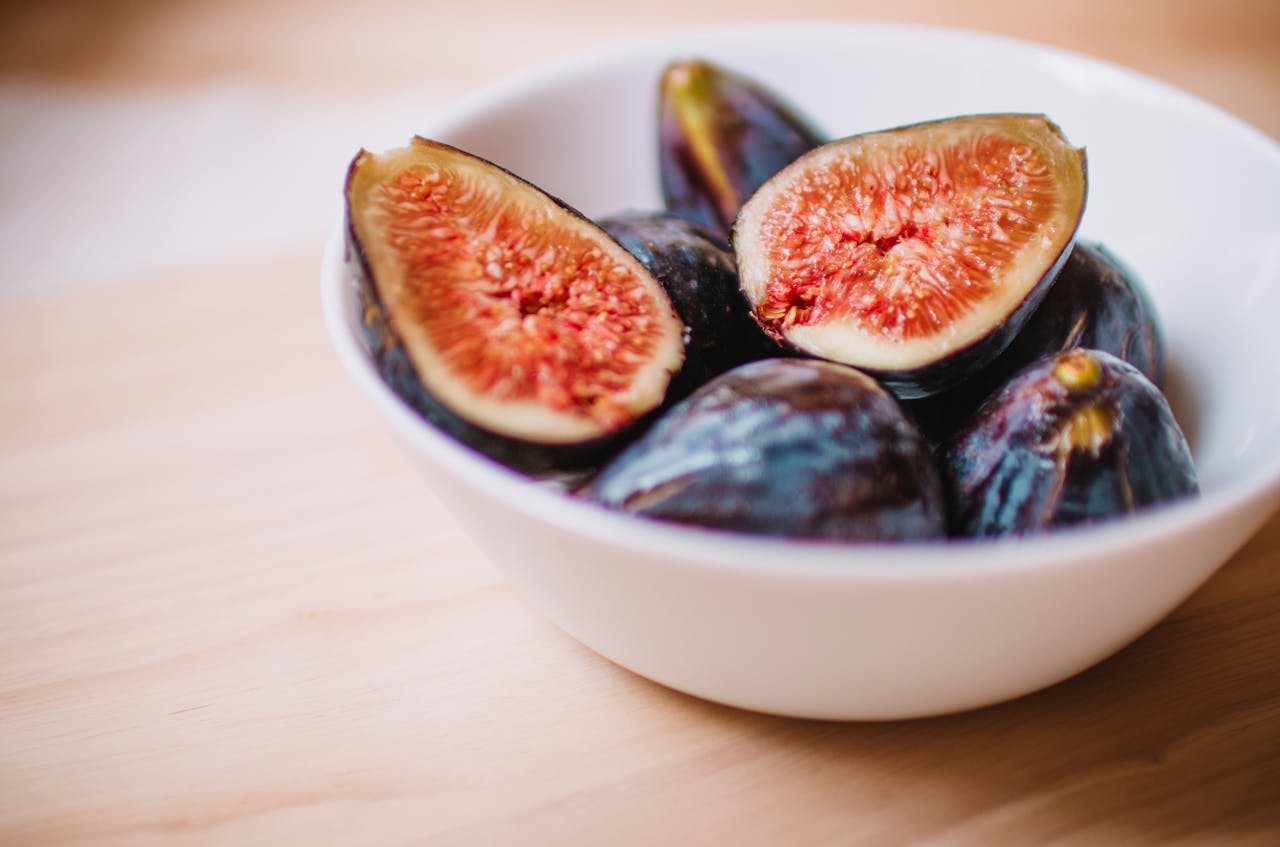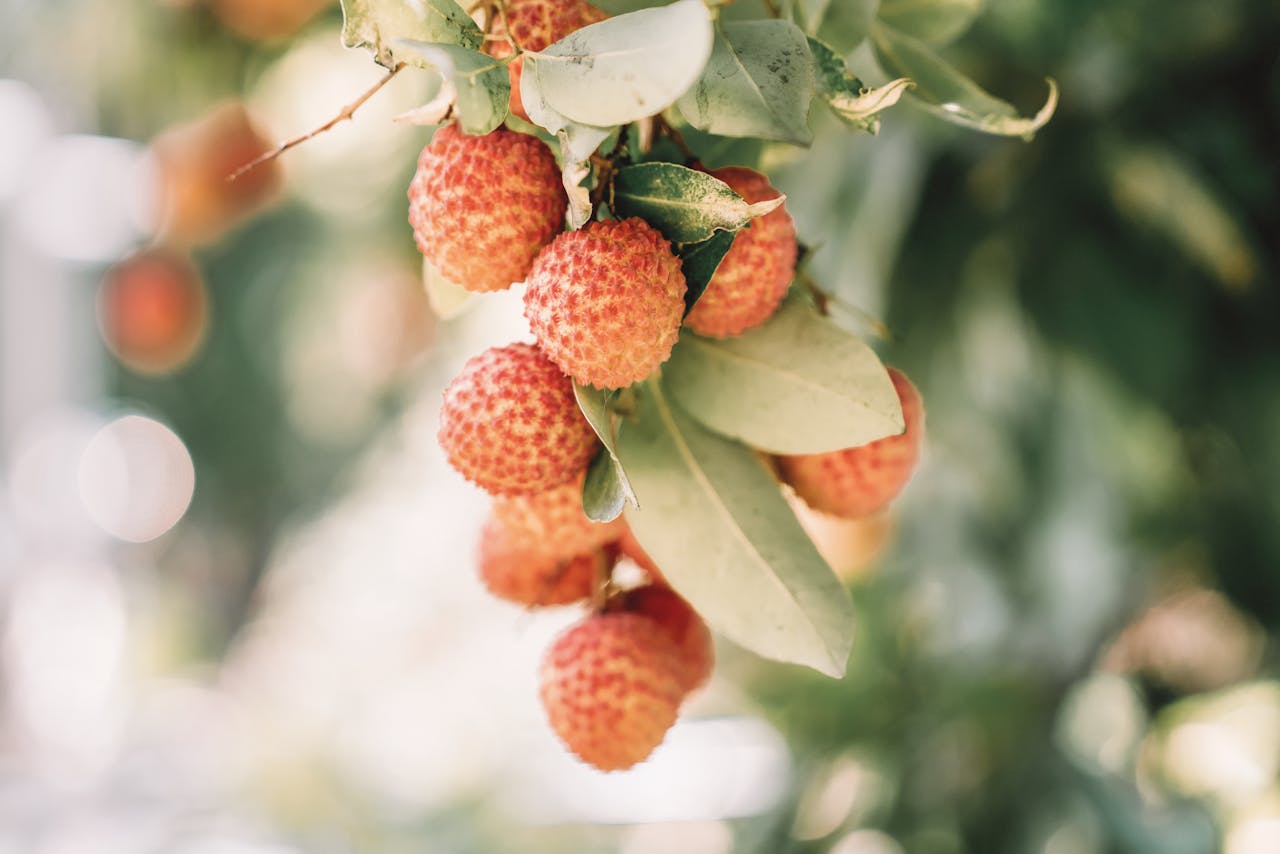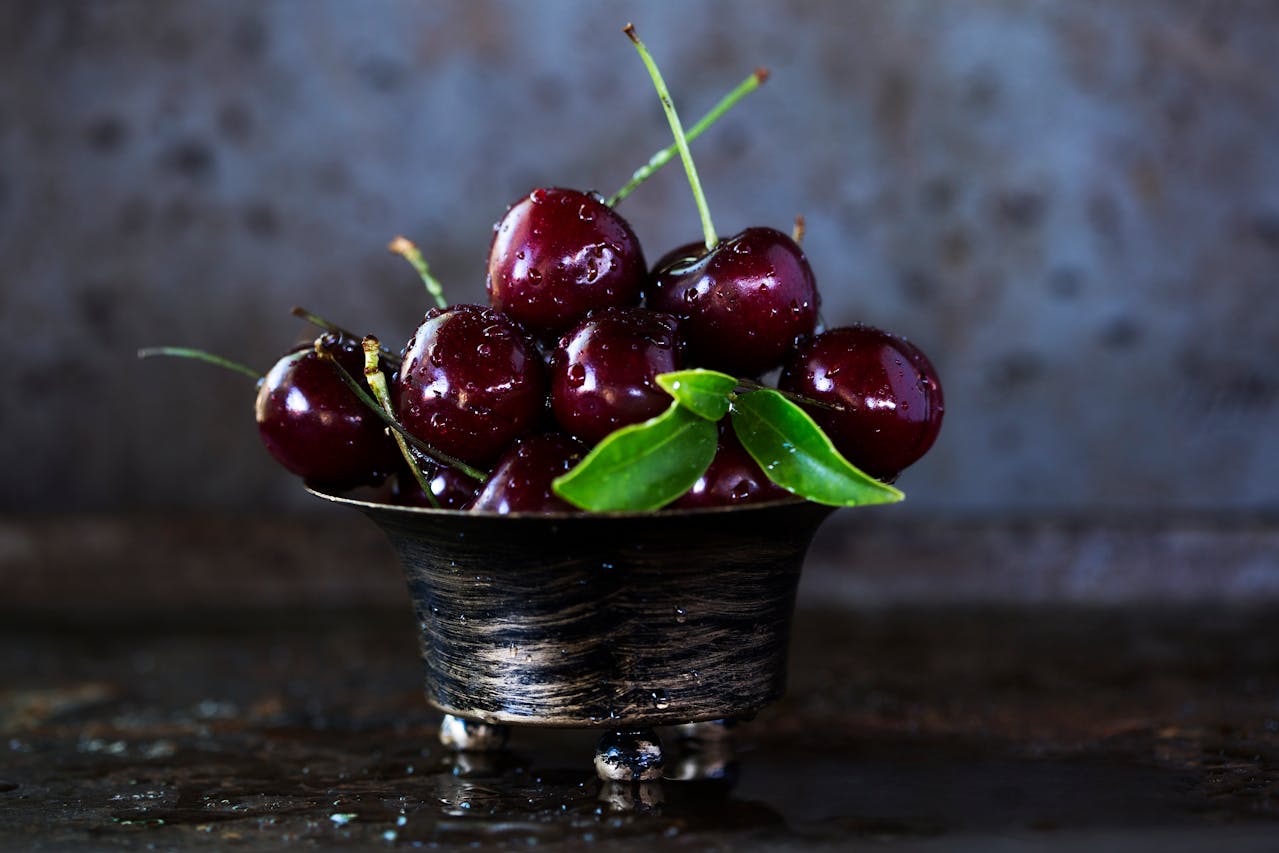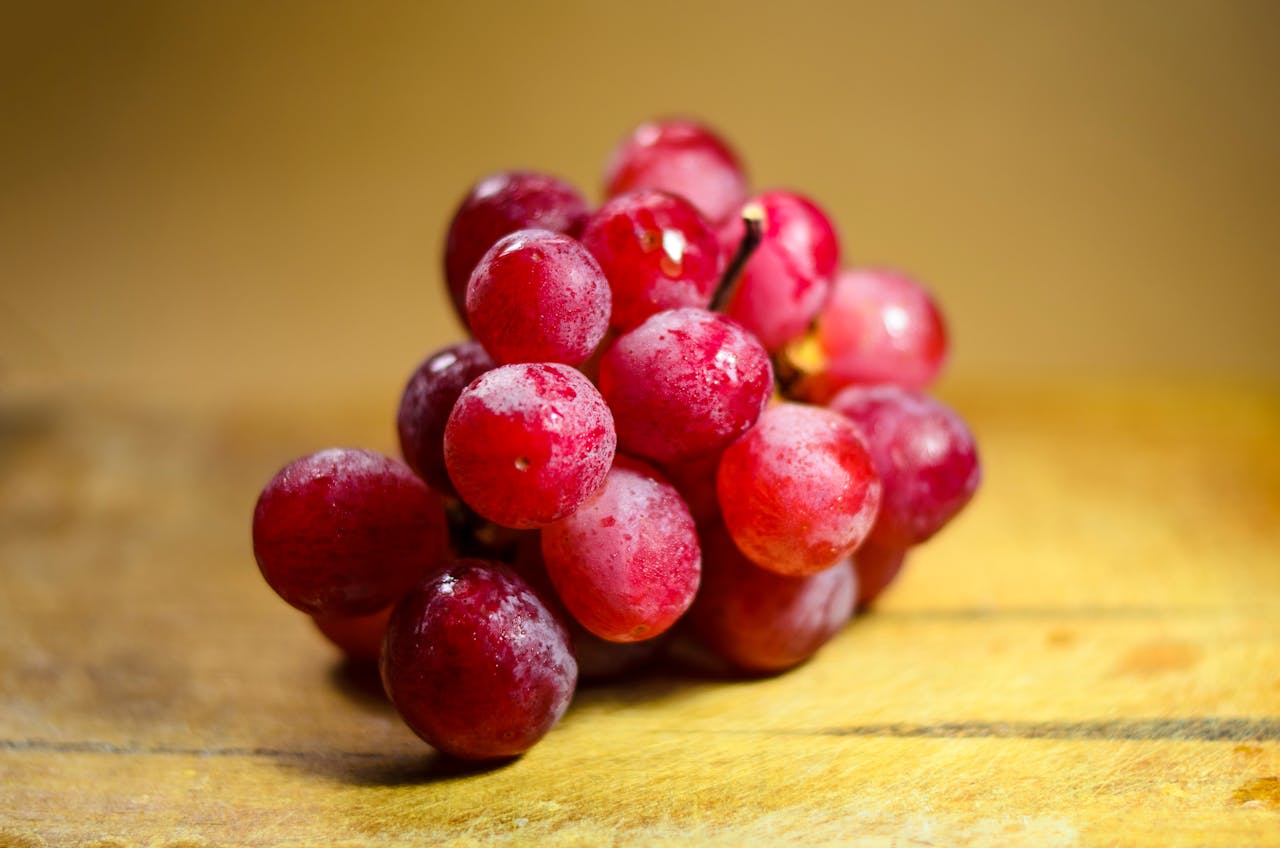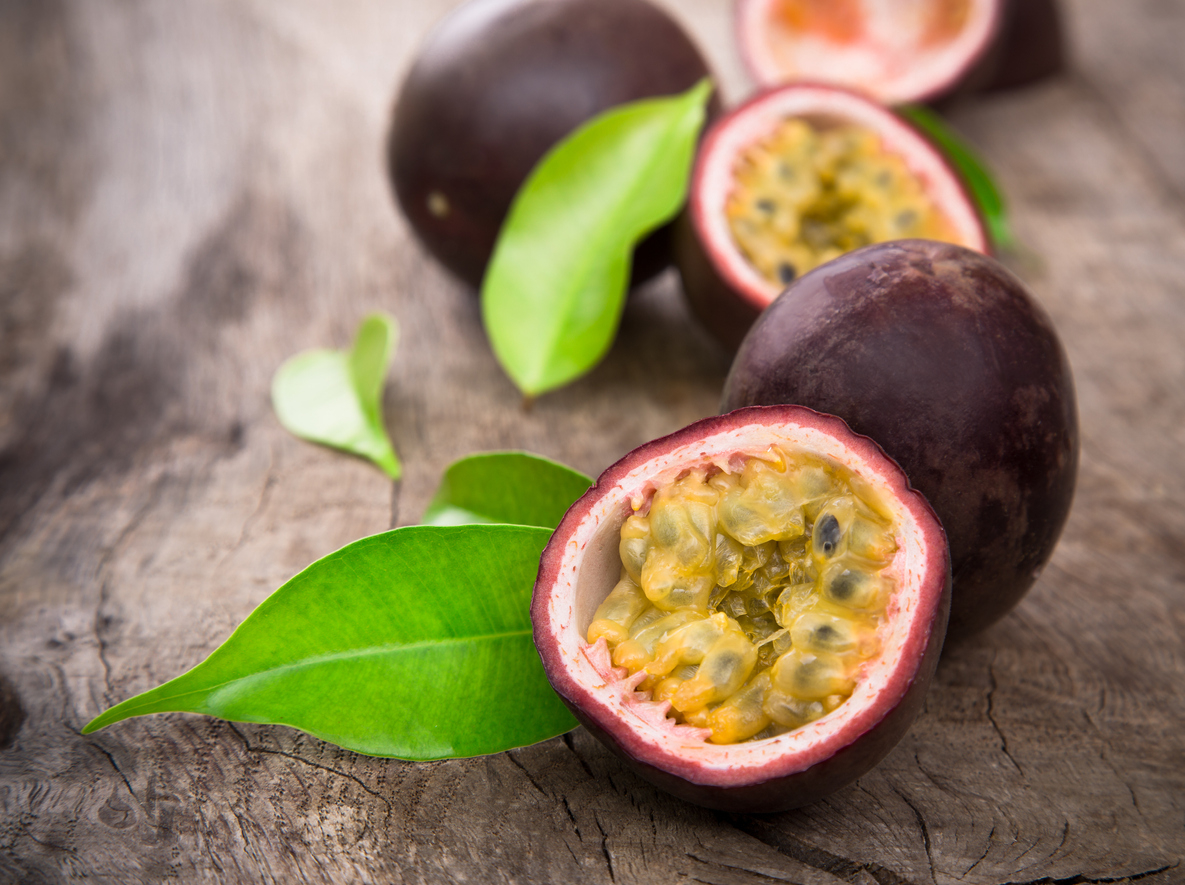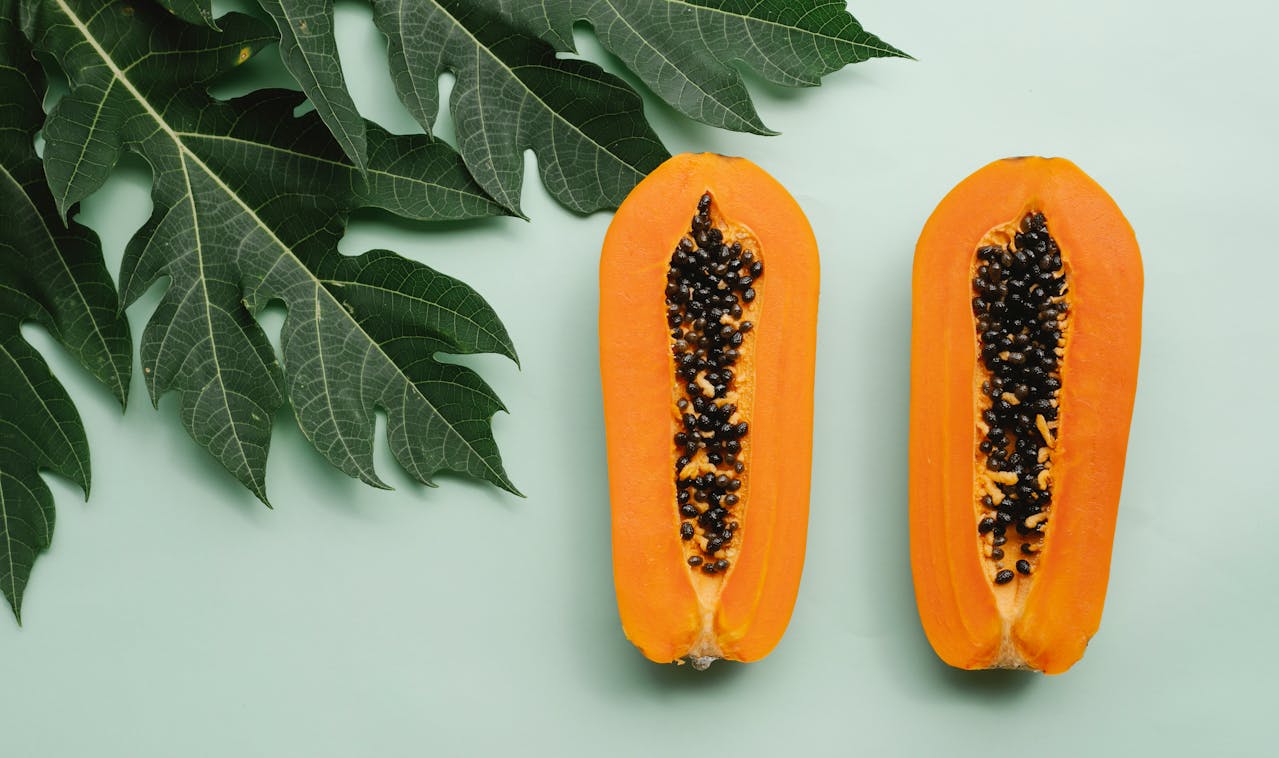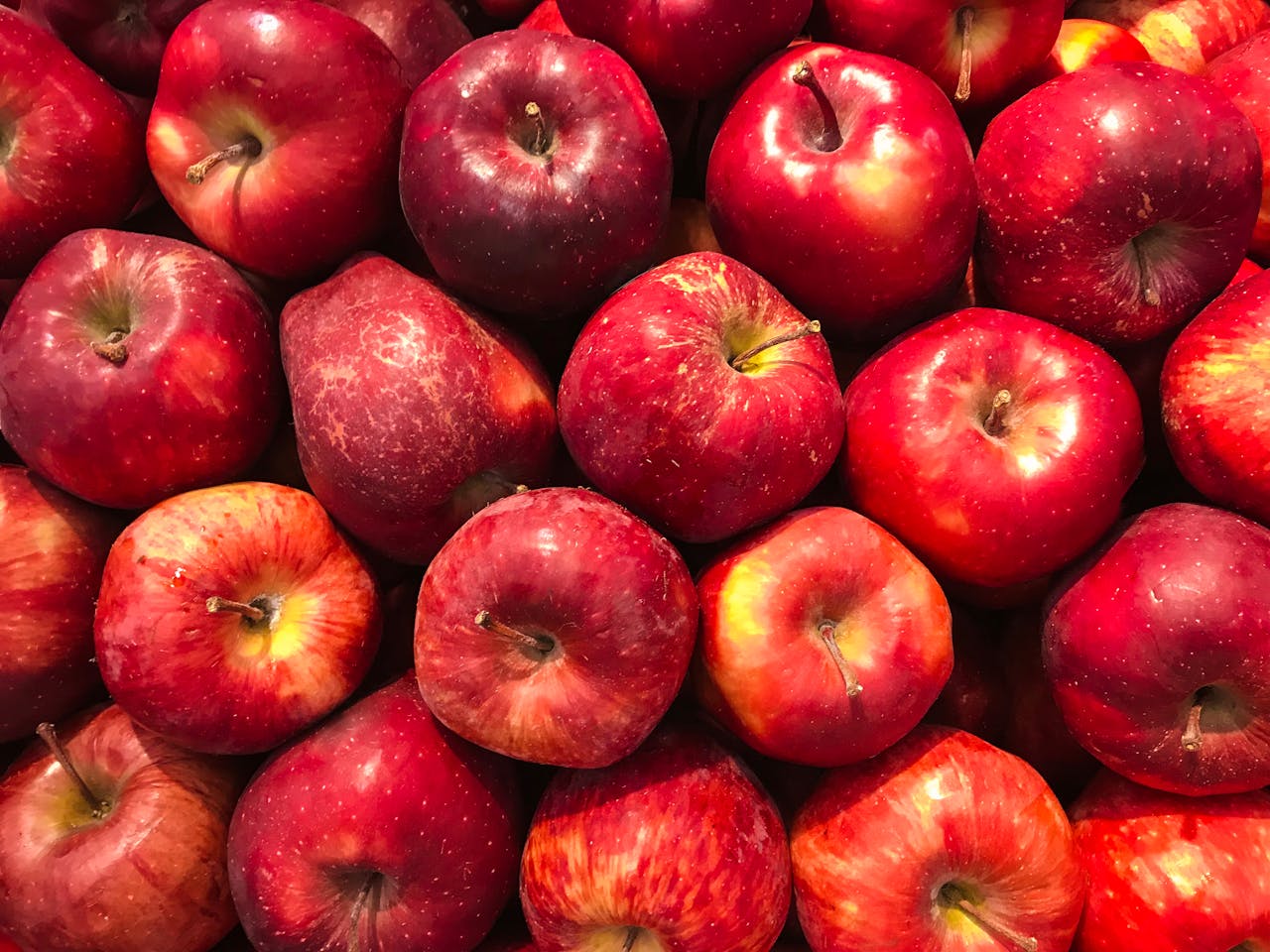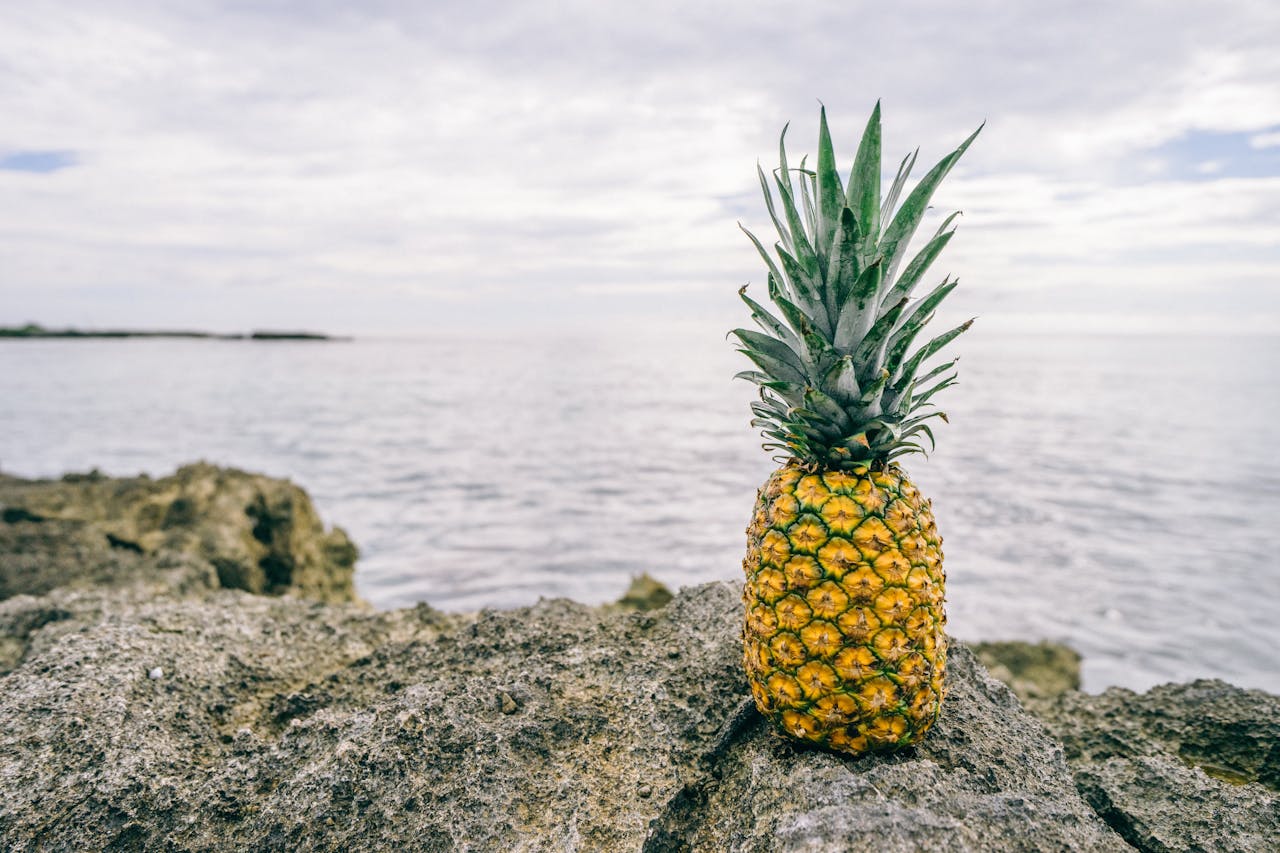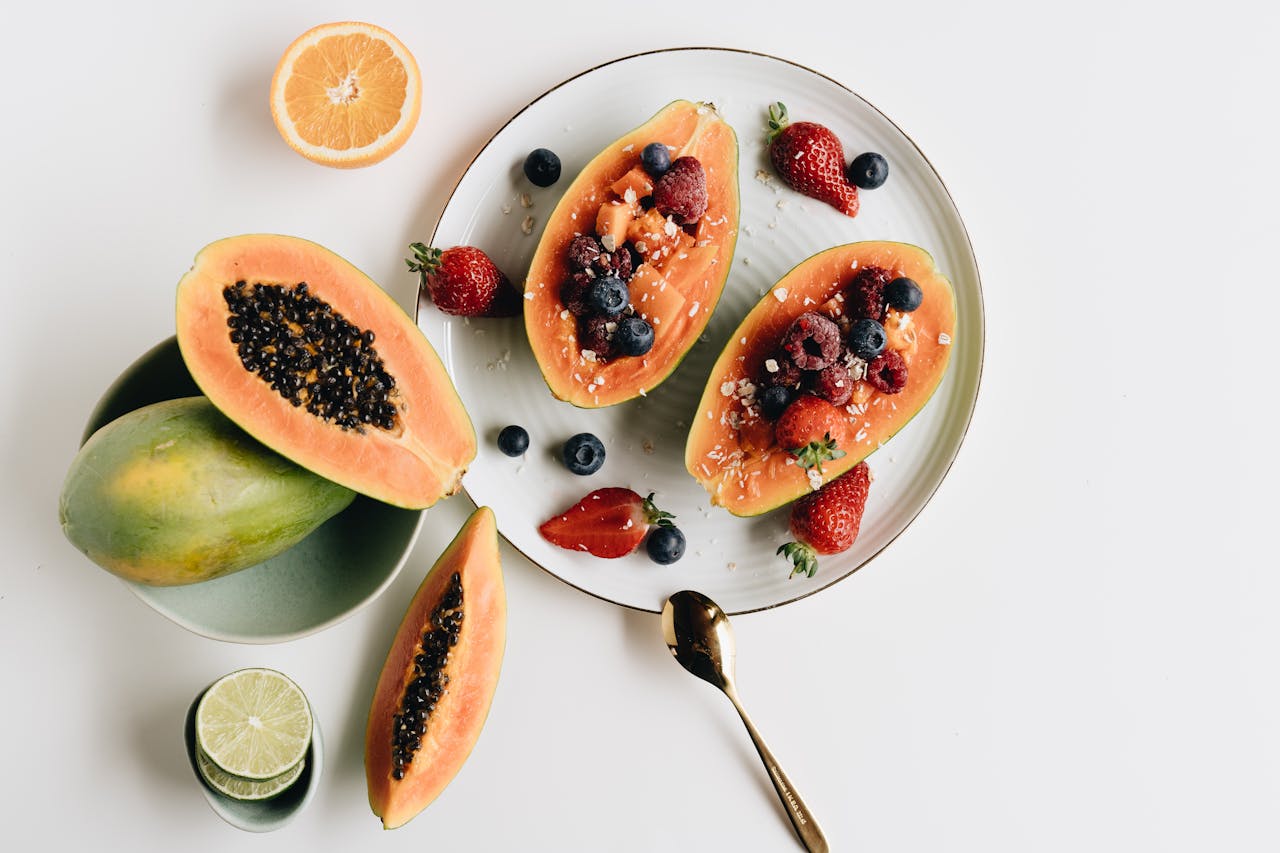
Sweetness is one of the most universally loved flavors, especially in fruits. Fruits not only satisfy our sweet tooth but also provide an abundance of nutrients, fiber, and antioxidants, making them one of nature’s healthiest gifts.
The sweetness of fruit is influenced by several factors. Beyond their natural sugar content, factors like ripeness, the environment they’re grown in, and even their variety all contribute to just how sweet a fruit can taste. But what exactly makes some fruits sweeter than others? And how can we choose, store, and enjoy these fruits to fully appreciate their flavor?
What Defines “Sweetest” In Fruits?
Sweetness varies among fruits due to several factors. Understanding what influences this can enhance our appreciation of these naturally sweet treats.
Sugars And Flavor Profiles
Natural sugars like fructose, glucose, and sucrose contribute to a fruit’s sweetness. These sugars vary in their impact on taste, with some fruits delivering exceptional flavor and sweetness that qualify them as some of the best fruit choicesfor a naturally sweet snack.
Ripeness And Growing Conditions
Ripeness plays a crucial role in a fruit's sweetness. As fruits ripen, starches convert to sugars, making them sweeter. Growing conditions, such as sunny climates, also enhance sugar content, especially in tropical and subtropical fruits.
Measuring Sweetness With The Brix Scale
The Brix scale measures sugar levels in fruits, often used to rank sweetness. Fruits like dates, mangoes, and lychees score high on the Brix scale, reflecting their intense natural sweetness.
Top Contenders For The Sweetest Fruits In The World
Mango
Mangoes are renowned for their tropical sweetness and rich, juicy flavor. Known as “the king of fruits” in many parts of the world, mangoes vary by variety and region. The Carabao mango from the Philippines, often recognized as one of the sweetest, has even earned a Guinness World Record. Egyptian supermangoes, with a Brix score of up to 23, are also prized for their intense sweetness.
Mangoes are incredibly versatile in culinary uses. From refreshing smoothies to tangy salsas, mangoes are popular in many cuisines. Beyond taste, mangoes are packed with vitamins A and C, fiber, and antioxidants, making them a nutritious choice.
Dates
Dates are often referred to as “nature’s caramel” due to their rich, chewy texture and high sugar content. Some varieties, like Medjool dates, contain up to 70% natural sugars, making them one of the sweetest fruits. Dates are especially popular in Middle Eastern cuisine, where they are used as sweeteners in various dishes and eaten fresh or dried.
Nutritionally, dates are dense in fiber, potassium, and antioxidants, which support digestion and heart health. They’re a go-to for quick energy and a natural sweetener in many vegan and healthy recipes.
Figs
Figs have a unique, honey-like sweetness and a soft, chewy texture. With a high fructose content, figs are considered one of the sweetest fruits, whether fresh or dried. Their sweetness is complemented by earthy undertones, making them versatile for both sweet and savory dishes.
Rich in fiber, calcium, and antioxidants, figs support digestive health and bone strength. They’re excellent in salads, desserts, and as snacks, often paired with ingredients like ricotta or nuts for a balanced, flavorful bite.
Lychee
Lychee, a tropical fruit originally from Southern China, is known for its floral, refreshing sweetness. Lychees contain up to 18% natural sugars, making them one of the sweetest fruits. Their translucent flesh is enjoyed fresh, canned, or dried, often in Asian cuisines to add a unique, sweet note to dishes and drinks.
Lychees are high in vitamin C, antioxidants, and fiber, contributing to skin health and immune function. Their distinct, slightly floral taste makes them a refreshing addition to salads, desserts, and beverages.
Cherries
Cherries, particularly sweet varieties like Bing and Rainier, are cherished for their juicy sweetness and vibrant color. They contain natural sugars up to 20% in some varieties, making them a delightful snack or dessert ingredient. Cherries are also rich in fiber, vitamin C, and antioxidants, which promote heart health and reduce inflammation.
Frozen or fresh, cherries can be enjoyed in desserts, smoothies, or as a standalone treat. They’re also popular in salads, adding a burst of sweetness and color.
Grapes
Grapes, especially table grape varieties like Cotton Candy and Crimson, have high sugar content, with Brix levels reaching 20-23 in ideal conditions. Known for their poppable size and sweetness, grapes are loved worldwide as a snack and ingredient in both sweet and savory dishes.
Nutritionally, grapes provide vitamins C and K, antioxidants, and potassium, supporting overall health. For a unique twist, try freezing grapes for a sweet, refreshing treat.
Read Also: Are Grapes Natural Or Man-Made?
Passion Fruit (Granadilla)
Passion fruit, or Granadilla, has a unique combination of sweetness and tartness. With a Brix score around 18-19, passion fruit provides a jelly-like texture with edible seeds, adding both sweetness and crunch. This tropical fruit is particularly popular in beverages, desserts, and as a topping for salads.
Passion fruit is rich in vitamin C, fiber, and antioxidants, supporting immune health and digestion. Its tropical flavor makes it a perfect addition to yogurt, smoothies, and sweet treats.
Papaya
Papaya is celebrated for its mild sweetness, reminiscent of peaches with a hint of melon. When ripe, papayas have a soft, juicy texture that pairs well with other fruits in salads or smoothies. Known for its high vitamin C and potassium content, papaya supports immunity and heart health.
Papayas can be enjoyed fresh, with a squeeze of lime for added flavor, or blended into smoothies for a creamy, sweet touch. Allow papayas to ripen fully for the best sweetness.
Apples
Apples, with varieties like Fuji, Honeycrisp, and Red Delicious, provide varying levels of sweetness depending on the type and ripeness. Apples are packed with fiber, vitamin C, and antioxidants, supporting heart health and digestion.
Enjoy apples fresh, baked, or as a topping in oatmeal or salads. Baked apples with a sprinkle of cinnamon make for a naturally sweet, comforting dessert.
Pineapple
Pineapple offers a delightful blend of sweetness and tanginess, providing a refreshing tropical flavor. Its high fructose and glucose content contribute to its sweetness, which can vary depending on ripeness. Besides tasting delicious, pineapple is packed with vitamin C, fiber, and bromelain, an enzyme that aids in digestion and has anti-inflammatory properties.
Enjoy pineapple fresh, grilled, or blended into smoothies. For a unique treat, try grilling pineapple with spices like cinnamon to enhance its natural sweetness.
See Also: Is Pineapple A Man Made Fruit?
How To Identify And Enjoy The Sweetest Fruits
Choosing Ripe Fruits
Select ripe fruits for maximum sweetness. Look for bright colors, slight softness, and fragrance in fruits like mangoes, bananas, and papayas.
Storage Tips
Proper storage helps preserve a fruit's sweetness. Keep bananas at room temperatureuntil ripe, store grapes and cherries in the fridge, and allow papayas to ripen before refrigerating.
Recipes And Pairings
Sweet fruits add flavor and nutrition to a variety of dishes. Try blending mangoes in smoothies, roasting figs with honey, or adding pineapple to grilled dishes for a tropical touch.
The Health Perspective: Is Sweet Always Good?
Natural Sugars Vs. Added Sugars
Unlike processed sugars, natural sugars in fruits come with fiber, vitamins, and minerals. This combination slows sugar absorption, making sweet fruits a healthier choice.
Balance And Moderation
While naturally sweet fruits are nutritious, it’s wise to enjoy them as part of a balanced diet. Individuals managing blood sugar levels may choose lower-sugar fruits like berries or consume sweeter fruits in moderation.
Nutritional Benefits
Many sweet fruits are nutrient-dense, providing essential vitamins, fiber, and antioxidants. Including these fruits in daily meals supports overall health while satisfying sugar cravings naturally.
FAQs
Which Fruit Has The Highest Sugar Content?
Dates rank among the highest in sugar content, often containing up to 70% natural sugars, making them one of the sweetest fruits available.
Are Sweet Fruits Safe For People With Diabetes?
Many sweet fruits can be enjoyed by those with diabetes in moderation, as they contain fiber and other nutrients that help regulate sugar absorption.
What Fruits Are Low In Sugar But Still Taste Sweet?
Berries like strawberries, blackberries, and blueberries are lower in sugar but offer a naturally sweet flavor.
Can Sweet Fruits Satisfy Sugar Cravings?
Sweet fruits can effectively satisfy sugar cravings with added nutritional benefits, making them a healthier choice than processed sweets.
Conclusion
The world’s sweetest fruits offer a satisfying and nutritious way to enjoy natural sugars. These fruits cater to different palates while providing essential nutrients. Including a variety of sweet fruits in your diet brings natural sweetness and health benefits, making them a wonderful addition to a balanced lifestyle. Enjoying these fruits can be a delicious way to satisfy sweet cravings, naturally and healthily.
You Might Like: Is Sugarcane A Fruit, Vegetable, Or Grass?
